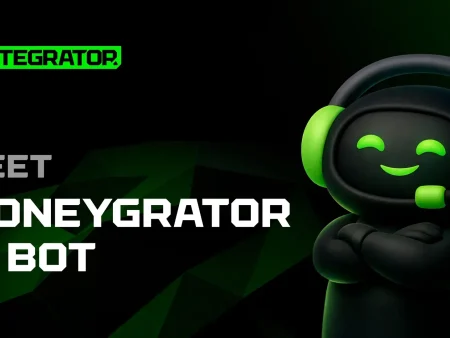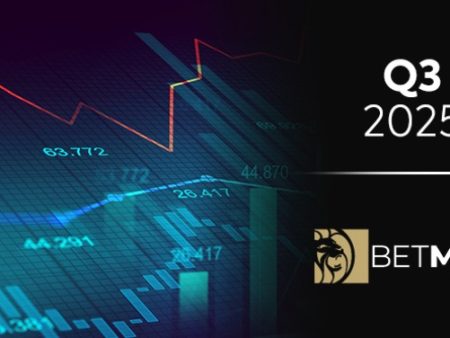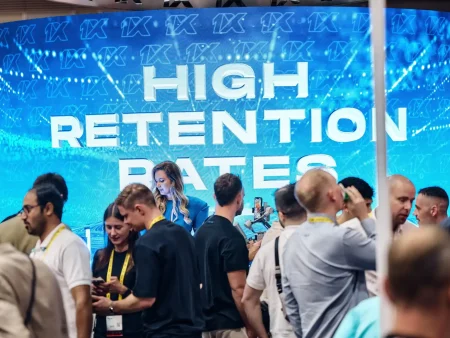Many in the industry fear that even a favorable court verdict may not provide long-term relief. A few smaller RMG firms are preparing petitions. The 40% GST on gaming deposits continues to loom large over the sector.

The spotlight is now on opposition-ruled states like Tamil Nadu and Karnataka. Leading RMG platforms such as Dream11 and Gameskraft have decided not to challenge the newly passed Promotion and Regulation of Online Money Gaming Act. They will refrain from mounting a legal challenge against the law. Both states, calling it an unconstitutional overreach into state subjects, are considering moving the Supreme Court.
According to sources, consultations are ongoing in Chennai and Bengaluru on how best to frame the legal challenge. A senior counsel noted that the law directly intrudes into state powers. These powers cover betting, gambling, and entertainment—subjects on the State List. States have strong grounds to contest it.
The 40% GST on gaming deposits continues to weigh heavily on the sector. A few smaller RMG firms are preparing petitions. Many in the industry fear that even a favorable court verdict may not provide long-term relief. The Supreme Court has already reserved judgment in the high-profile ₹2.5 lakh crore retrospective GST case. This outcome could set a precedent for years.
The Finance Ministry is considering raising the GST on real money gaming from 28% to 40%. This could be the biggest tax overhaul since the GST rollout in 2017. It is part of a broader proposal to restructure the GST regime. The 56th GST Council meeting is set to happen on both September 3 and September 4.
An executive with a leading gaming platform said that the hammer of GST continues to loom. A legal win on the Act means little if the tax regime kills the industry anyway.


